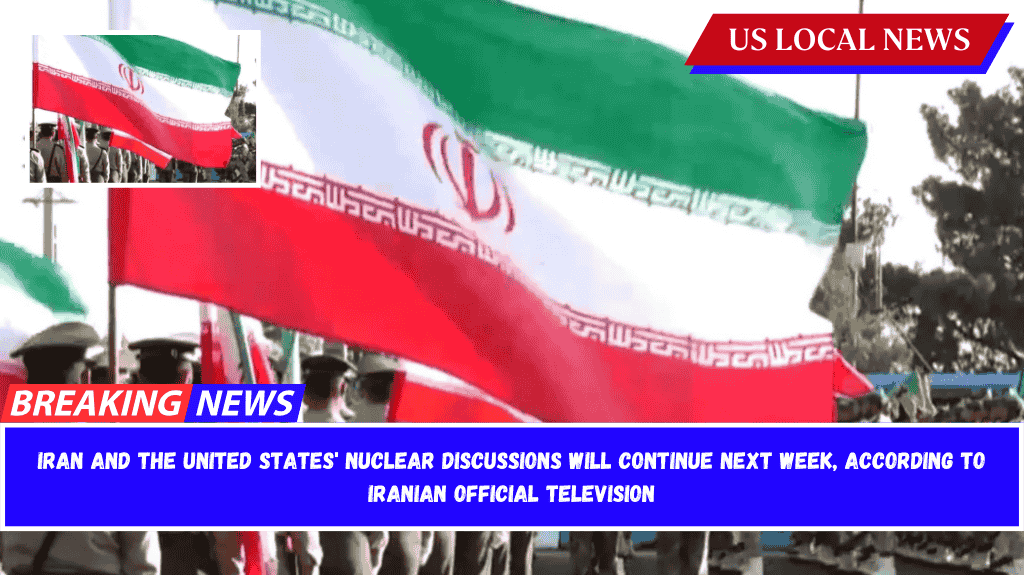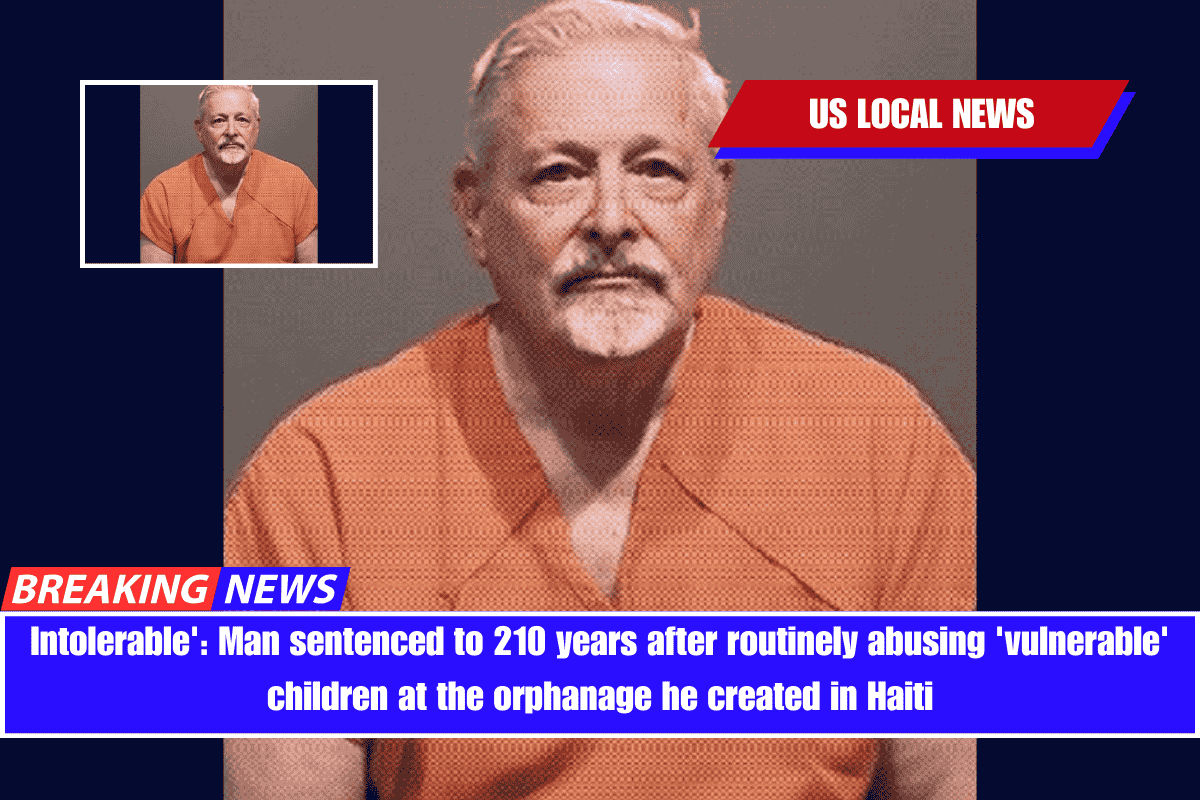Iran and the United States will resume negotiations next week over Tehran’s rapidly expanding nuclear program, Iranian state television reported Saturday, marking the end of the first round of talks between the two countries since President Trump returned to the White House.
Iranian state television also reported that U.S. Mideast envoy Steve Witkoff and Iranian Foreign Minister Abbas Araghchi “briefly spoke in the presence of the Omani foreign minister” at the end of the talks, marking the first direct interaction between the two countries after decades of tensions.
The two sides spoke for more than two hours on the outskirts of Oman, with the talks concluding around 5:50 p.m. local time. Talks began around 3:30 p.m. local time.
The White House stated that Witkoff was joined by US Ambassador to Oman Ana Escrogima for the talks, which were described as “very positive and constructive.”
“Special Envoy Witkoff underscored to Dr. Araghchi that he had instructions from President Trump to resolve our two nations’ differences through dialogue and diplomacy, if that is possible,” the president’s office said in a statement Saturday.
“These issues are very complicated, and Special Envoy Witkoff’s direct communication today was a step forward in achieving a mutually beneficial outcome.”
Mr. Trump told reporters Saturday evening that the talks with Iran are “going well,” but declined to provide additional information.
“Nothing matters until you get it done,” the man said.
The stakes could not be higher for the two countries, who have been at odds for half a century. Trump has repeatedly threatened to launch airstrikes against Iran’s nuclear program if a deal is not reached.
Iranian officials are increasingly warning that they may pursue a nuclear weapon using their uranium stockpile, which has been enriched to near weapons-grade levels.
Talks took place Saturday afternoon in Oman
AP journalists witnessed a convoy believed to be carrying Witkoff leave the Omani Foreign Ministry on Saturday afternoon and speed off into the outskirts of Muscat.
The convoy entered a compound, and a few minutes later, Iranian Foreign Ministry spokesman Esmail Baghaei announced on the social media platform X that “indirect talks” had started.
“These talks will be held at a location planned by the Omani host, with representatives of the Islamic Republic of Iran and the United States seated in the halls and sides, conveying their points of view and positions to each other through the Omani Foreign Minister,” according to Baghaei.
About an hour later, Baghaei appeared on Iranian state television and admitted that the talks had been going on all along.
“The objective of the Islamic Republic of Iran is very clear — we have only one goal, and that is to safeguard Iran’s national interests,” he told reporters.
“We are giving a genuine and honest opportunity to diplomacy, so that through dialogue, we can move forward on the nuclear issue on one hand, and more importantly for us, the lifting of sanctions.”
Baghaei added, “Look, this is only the beginning. So it is natural that, at this point, both sides will present their fundamental positions through the Omani mediator. As a result, we do not anticipate this round of negotiations to be lengthy.”
Araghchi earlier spoke with Iranian journalists.
“If there is enough will from both sides, we will set a timetable. But it is still too early to discuss that,” Araghchi said in an audio clip released by IRNA.
“What is clear now is that the negotiations are indirect, and in our view only on the nuclear issue, and will be conducted with the necessary will to reach an agreement that is on an equal footing and leads to securing the national interests of the Iranian people.”
Trump and Witkoff both described the talks as “direct.”
“I believe our position begins with the dismantlement of your program. “That is our current position,” Witkoff told The Wall Street Journal prior to his trip. “That doesn’t mean, by the way, that at the margin we’re not going to find other ways to find compromise between the two countries.”
He went further: “Where our red line will be, there can’t be weaponization of your nuclear capability,”
Sanctions relief and enrichment remain top issues
While the US can provide sanctions relief to Iran’s struggling economy, it is unclear how much Iran will be willing to concede. Under the 2015 nuclear deal, Iran could only keep a small stockpile of uranium enriched to 3.67%.
Today, Tehran’s stockpile could be used to build multiple nuclear weapons if it so desired, and some material has been enriched up to 60%, a short technical step away from weapons-grade levels.
According to negotiations since Trump unilaterally withdrew from the deal in 2018, Iran will most likely ask to continue enriching uranium by at least 20%.
One thing it will not do is abandon its program entirely. That makes Israeli Prime Minister Benjamin Netanyahu’s proposal for a so-called Libyan solution — “you go in, blow up the facilities, dismantle all the equipment, under American supervision, American execution” — unworkable.


















Leave a Reply